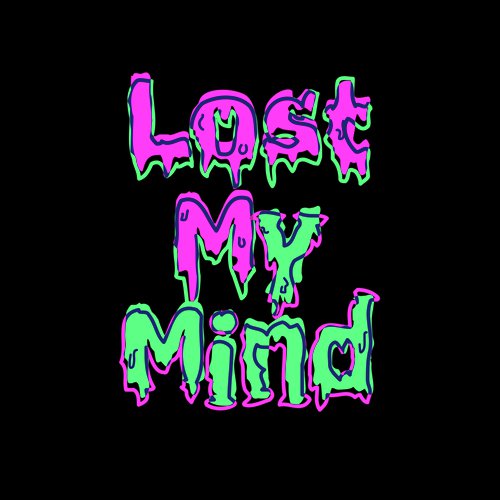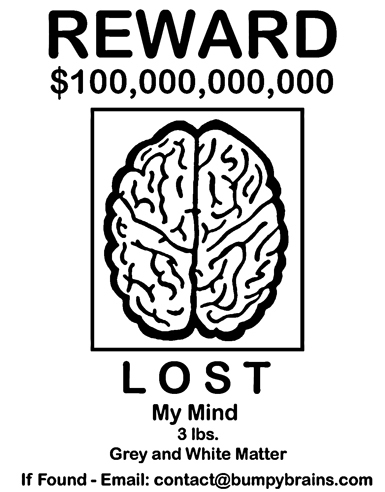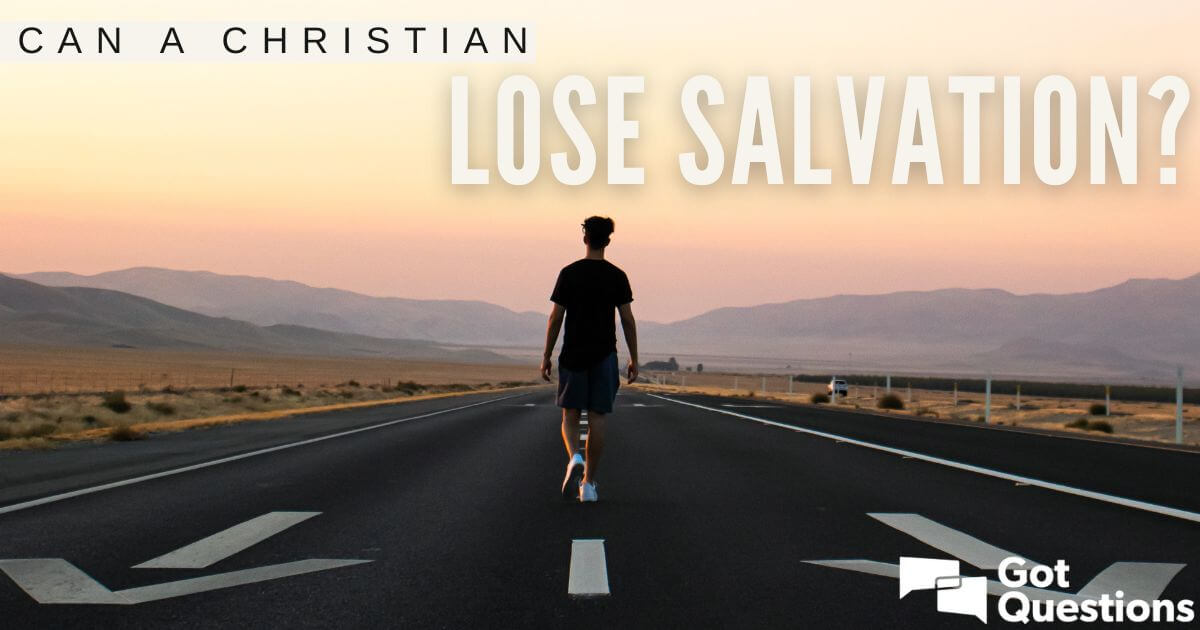
I just need to get to my next scheduled nap.


I was in a panic, but quickly calmed myself down. What the hell happened? Did I leave the house in a fugue state? Three missed calls and two text messages from my wife:īoth texts were received at a time when I wasn't consciously awake. I awoke with the energy of someone who knew - without even checking a clock - that they were late for work. I was supposed to sleep for only 20 minutes, but my next conscious thought occurred two hours later, at around 4:30 a.m. I had just one goal in mind: Make it to the next nap. Things got so bad that I went down there and walked endlessly on the treadmill, trying to wait out the waves of exhaustion. My old apartment building had a crummy gym in the basement. I wasn't necessarily struggling with the psychological pain of it all, I was just - on a very primitive level - finding it impossible to stay awake. The renewed energy I'd felt just a few days ago had evaporated. "You've forgotten what normal is." Falling apart I was almost overwhelmed, euphoric to be connected to my body again. I went home, I hugged my wife and felt content. At work that day, I saw a joke on Twitter and laughed out loud. I controlled it like a crude puppeteer.īut then, around day five, I had a breakthrough. I'd look in the mirror and feel disconnected from my own features. I'd tell my wife I loved her, out of obligation and instinct, but it would take seconds for those words to resonate. But the synapses connecting to the required physical output were broken. I walked without purpose in the darkness, trying to stop myself from sobbing. I walked around the park, vacant and empty, a pair of dead eyeballs lodged inside a sunken, lagging brain.

I dramatically underestimated the impact of that. With polyphasic sleep there is no other day. "Tomorrow is another day," you tell yourself. If you have a bad day you climb into bed, pull the blankets over your head and write it off. When you sleep normally, days have endings and beginnings. It was a strange, oppressive pressure I'd never felt before or since.Įverything felt endless, impossibly huge. I walked laps around a local park in the middle of a closed-off road, bearing the heaviness of what felt like full-blown depression. Later that night, I went on a walk in the pitch-black darkness, exhausted and broken. How did this happen? I thought I was cruising. I stumbled and almost fell onto the train line. I remember walking along the train platform en route to work when - out of nowhere - I completely lost my balance. The first telltale signs of struggle occurred around two days in.

I remember co-workers laughing at me as I trudged to my strange little cupboard, clutching a lived-in brown sleeping bag. One in the spare bedroom of my apartment and a setup in the storage closet at work. I was tired, of course, but the naps seemed to sustain me. These normies, dead asleep in their primitive patterns, couldn't comprehend what it felt like to have evolved past the need for regular sleep. I quickly developed an obnoxious pride in what I was doing. To be awake, playing video games or working away at side projects in the early hours of morning, finding ways to fend off sleep, like a little kid allowed to stay up past bedtime. I'd regularly go to the basement gym and walk, just to stay awake.
#I lost my mind full
Apparently the 20-minute naps send you straight into full REM sleep and you awake, reenergized, ready for three hours and 40 minutes of hardcore productivity. After a transition period of around a week, they claim, your body adapts and you get into a rhythm. There are accounts of people pulling it off. When it comes to polyphasic sleep, mileage tends to vary. My plan: Do the Uberman polyphasic sleep schedule for one month total. It equates to two hours of sleep total a day - if you sleep every single second of your naps, which you probably won't. You stay awake for three hours and 40 minutes, then nap for 20 minutes. Days are broken down into four-hour periods. With the Uberman polyphasic sleep schedule, no large chunks of sleep are allowed - only 20-minute naps. It allows for one three-hour period of sleep, supplemented with three 20-minute naps throughout the day - effectively cutting eight hours of sleep to around four hours total.Īt the other end of the spectrum lies the brutal "Uberman" schedule.


 0 kommentar(er)
0 kommentar(er)
